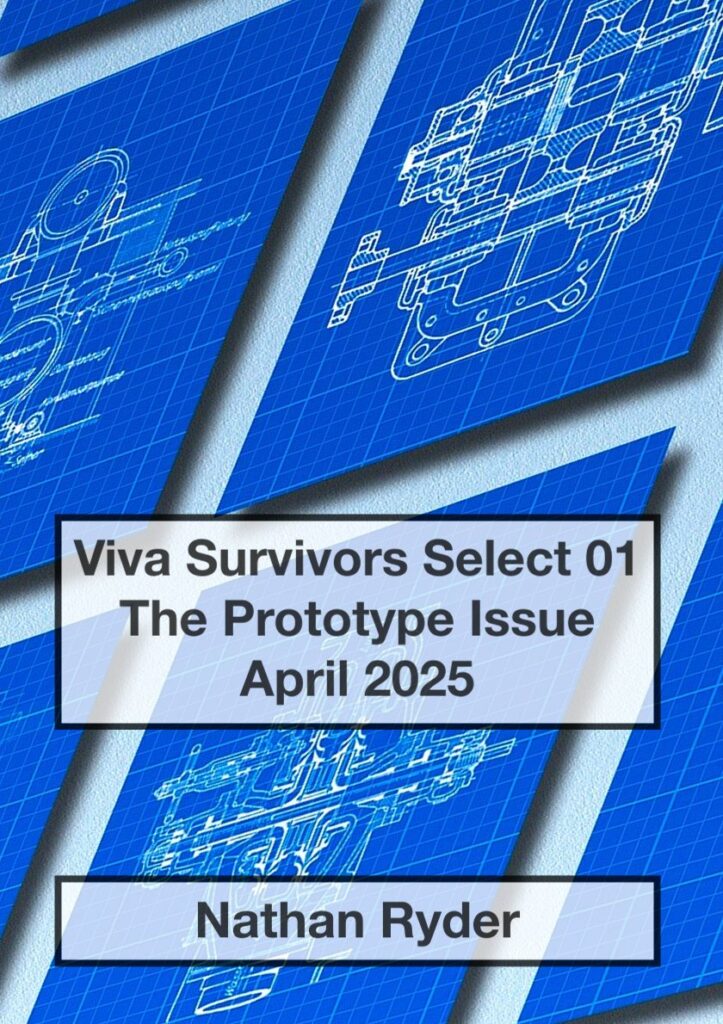Compromises, Choices, Reasons
I’ve very rarely met PhD candidates who describe their research journey as completely smooth.
I’ve also, thankfully, very rarely met candidates who say that it was a total nightmare!
Most PhD candidates made plans, worked hard and did enough.
Sometimes plans worked out well. Sometimes their plans had to change for reasons that were not obvious beforehand or circumstances that changed suddenly. Perhaps a candidate couldn’t do all of the research they wanted. Perhaps the questions or processes had to change. Perhaps they had to do something else entirely.
I’ve seen candidates approaching their viva worry because they frame changes or shifts as compromises. “I wanted X but I had to do Y.” “This could have been great but that wasn’t all it could have been.”
But compromises are still chosen and choices are made for reasons. Examiners might want to unpick circumstances and choices at the viva, so it helps to review those reasons as you get ready.
A better reason for reviewing your choices though is that they help you to remember that you did the work. You were not always in control of the situation but being a clever and capable researcher you made a reasoned choice.
Unpick the whys to help explain your PhD journey to your examiners.
Unpick the whys to help you explore your capability and build your confidence.

